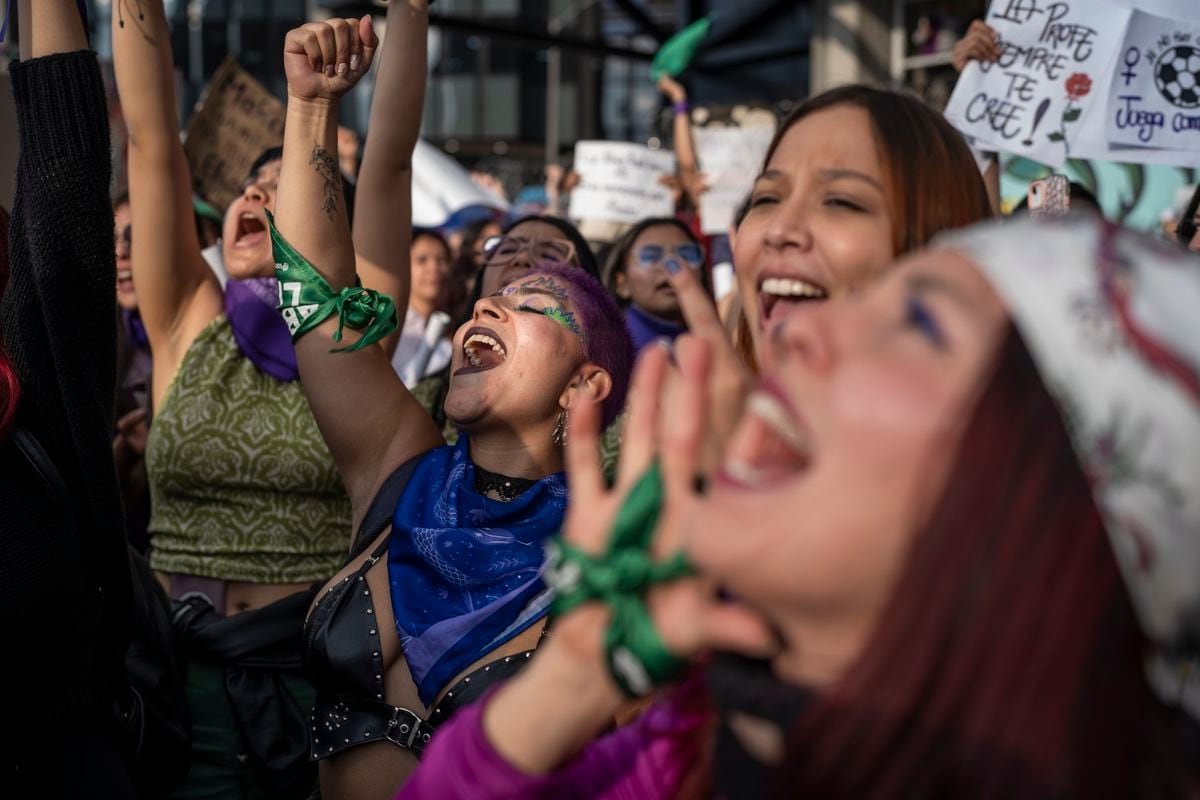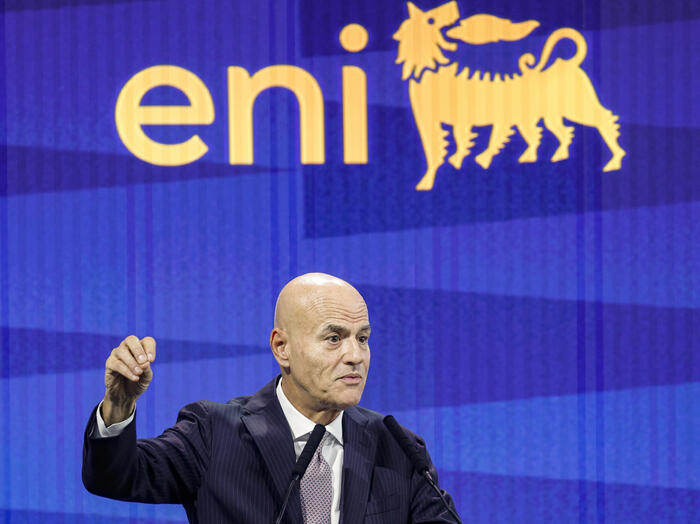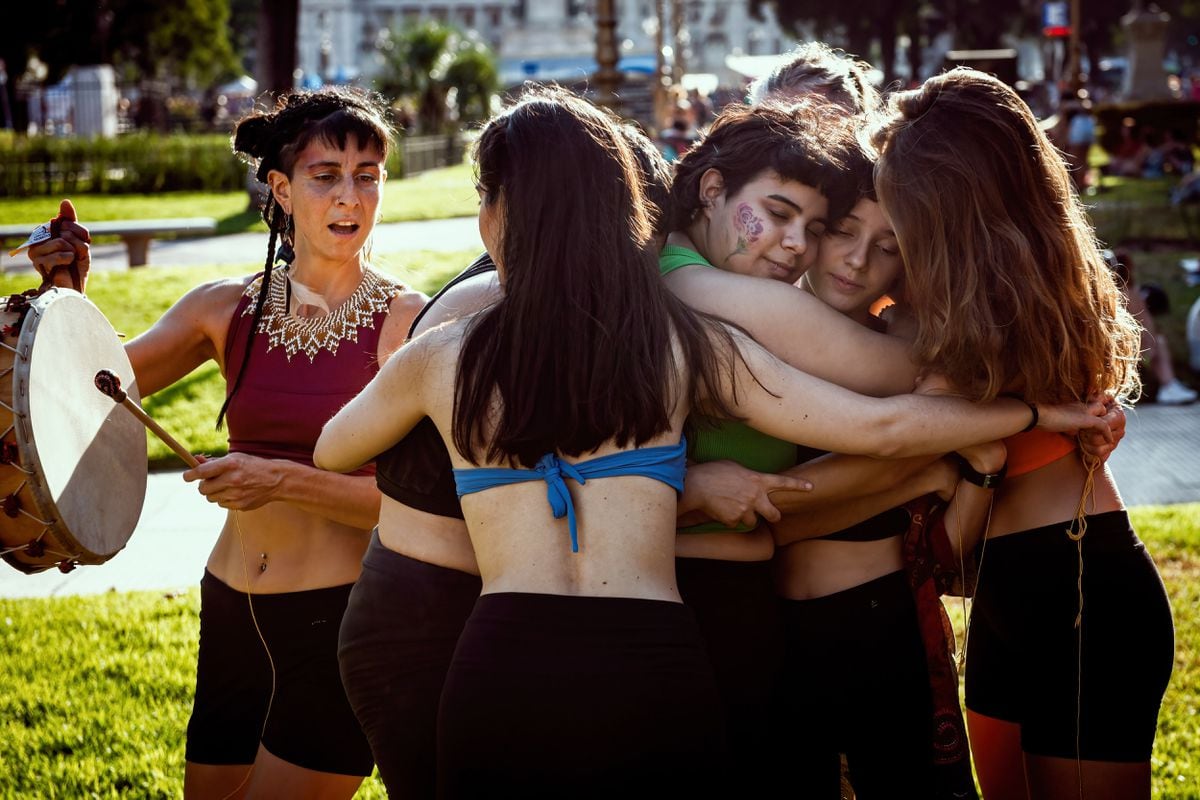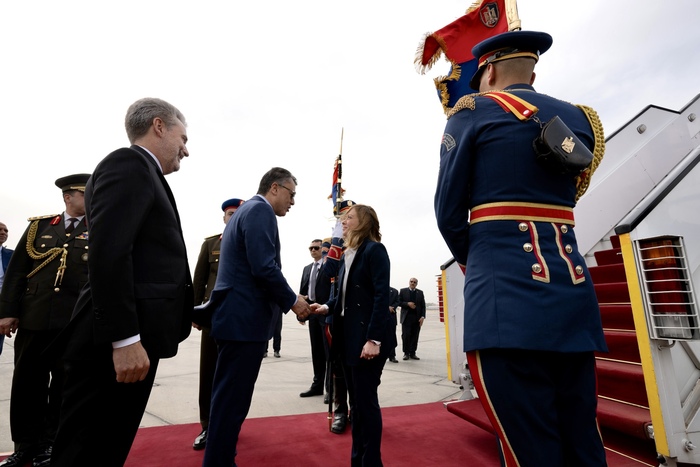“
Humanity is at a decisive moment in history.
We are faced with perpetuating disparities between and within nations, with deepening poverty, hunger, disease and illiteracy, and with the continuing deterioration of the ecosystems on which our well-being depends.
However, if environmental and development concerns are integrated and given more attention, it will be possible to meet basic needs, raise living standards for all, achieve better protection and management of ecosystems, and achieve safer and more prosperous future.
No nation can achieve these goals alone, but together we can do it in a global partnership for sustainable development
.”
This text is already 30 years old and this is how the preamble of the so-called Agenda 21, adopted at the World Summit on Sustainable Development held in Rio de Janeiro in June 1992, began. This agenda tried to prepare the world for the challenges of the current century, reflecting a global consensus and political commitment at the highest level on development and cooperation in the field of the environment.
Even then, the role of women in achieving sustainable development was highlighted, including objectives and measures to achieve it.
Objectives ranging from increasing the number of women in decision-making, planning, technical advisory, leadership and outreach positions, to removing constitutional, legal, administrative, cultural, social, economic and behavioral barriers to the full participation of women in decisions to achieve sustainability in both the public and private spheres.
Women who belong to the legal field play a fundamental role, as they ensure that environmental regulations are applied correctly, defending the rule of law, an essential condition for achieving the SDGs
Unfortunately, what was expressed in 1992 is still valid.
But why have we made so little progress in achieving development that is sustainable?
The answer to that question is because the role played by women in achieving it has barely been taken into account, which must take into account the following:
The need to preserve natural resources for the benefit of future generations (intergenerational equity).
The objective of exploiting or using natural resources in a sustainable, prudent, or rational and appropriate way.
The equitable use of natural resources, which implies that the use by a state must take into account the needs of other states (intragenerational equity).
The need to ensure that environmental considerations are integrated into economic plans, programs and projects, as well as that development needs are taken into account when applying environmental objectives.
However, the advances of the last three decades have been possible thanks to the silent performance of unknown women who, in their day-to-day activities and through the exercise of their professions, have contributed to this progress.
We are practically at the halfway point to achieve the SDGs.
Many of these refer to the environmental pillar of the trinomial that makes up said development.
At the same time, the goals included in other objectives are closely linked to the protection of the environment, such as 3.9, related to environmental health included in the objective on health and well-being, or goals 8.4 and 8.9, which refer to efficient and respectful production and consumption and sustainable tourism, respectively included in the SDG on decent work and economic growth, to cite a few examples.
The achievement of these objectives and goals are closely linked to respect for and compliance with international agreements on environmental protection, which, in turn, have been transferred to our legal system.
For this reason, women whose profession belongs to the legal field play a fundamental role, as they ensure that environmental regulations are applied correctly, defending the rule of law, an essential condition for achieving the SDGs.
This work is not necessarily carried out in high-level positions.
However, their contribution is essential for a world in which the interactions between the Earth's ecosystems are taken into account.
This has just been recognized in Nairobi by the 5th United Nations Environment Assembly in its declaration on strengthening actions in favor of nature to achieve the SDGs.
In fact, in this declaration, it is also admitted that the effective implementation of these actions requires a coherent and facilitating legal framework at all levels, from international to local, through good governance and respect for the law.
At the International Institute of Law and the Environment (IIDMA), an organization promoted by women lawyers, we have been working for 25 years so that the commitments related to the environmental dimension of sustainable development are correctly applied in order to contribute to the protection of our planet.
Ana Barreira
is director and senior lawyer at the International Institute of Law and the Environment and co-president of the energy and environment section of the Madrid Bar Association.
You can follow PLANETA FUTURO on
,
and
, and subscribe
to our 'newsletter'
here
.









